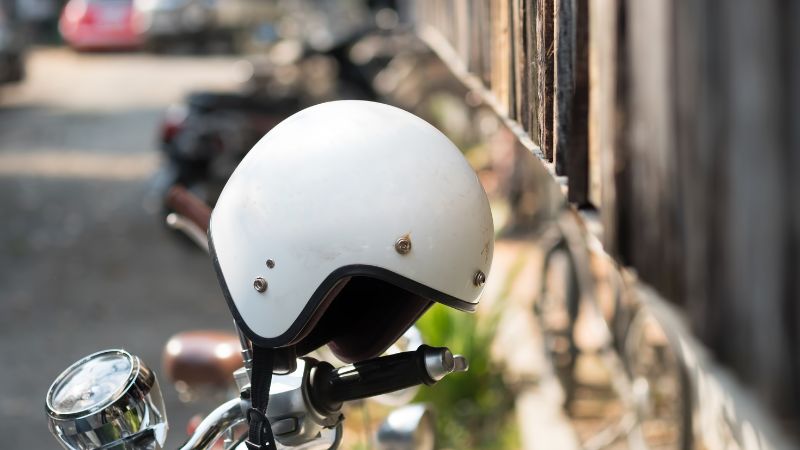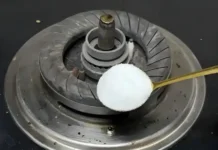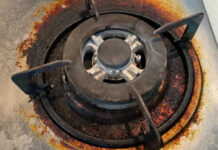A helmet is an essential safety device that is used daily to protect oneself. However, many people are unaware of the importance of properly maintaining and replacing their helmets to ensure maximum safety. In this article, we will explore the key considerations for helmet maintenance and replacement.
1 Do you need to replace your helmet after a period of use?
Every helmet has a specific lifespan. Over time, helmets deteriorate, crack, and may become compromised. Contrary to popular belief, even if a helmet appears undamaged, it may no longer provide adequate protection. It is crucial to replace your helmet in a timely manner to ensure ongoing safety.
 Should replace the helmet after a period of use
Should replace the helmet after a period of use
2 Reasons to replace your helmet
Impact damage:
During use, helmets can sustain multiple impacts or be dropped, reducing their impact resistance. Continued use after such incidents can potentially compromise your safety in case of a significant impact.
Weather exposure:
Exposure to sunlight, rain, smoke, and dust can affect the quality and durability of your helmet over time.
Aging:
As a helmet ages, its components, such as foam, shell, and buckle, can deteriorate, rendering it ineffective in protecting the wearer.

3 How often should you replace your helmet?
Full face helmet:
Full face helmets, known for their superior structure and durability, can be safely used for over 5 years with proper maintenance and without significant impacts.

Half helmet:
Compact and widely used, half helmets can last over 3 years when properly maintained and without significant impacts.

3/4 helmet:
3/4 helmets, suitable for urban and suburban commuting, can be used for 3 to 4 years with proper preservation.

4 Tips to extend the lifespan of your helmet
- Handle your helmet with care, avoiding drops and heavy collisions.
- If the helmet gets wet in the rain, use a hair dryer to reduce moisture and prevent mold and bacteria growth.
- Avoid hanging the helmet on the handlebar to prevent breakage and water absorption.
- Do not clean the helmet with strong chemical agents.

Like any other object, helmets need to be replaced to ensure optimal safety and protection. We hope this article has provided you with valuable insights on when to replace your helmet.


































